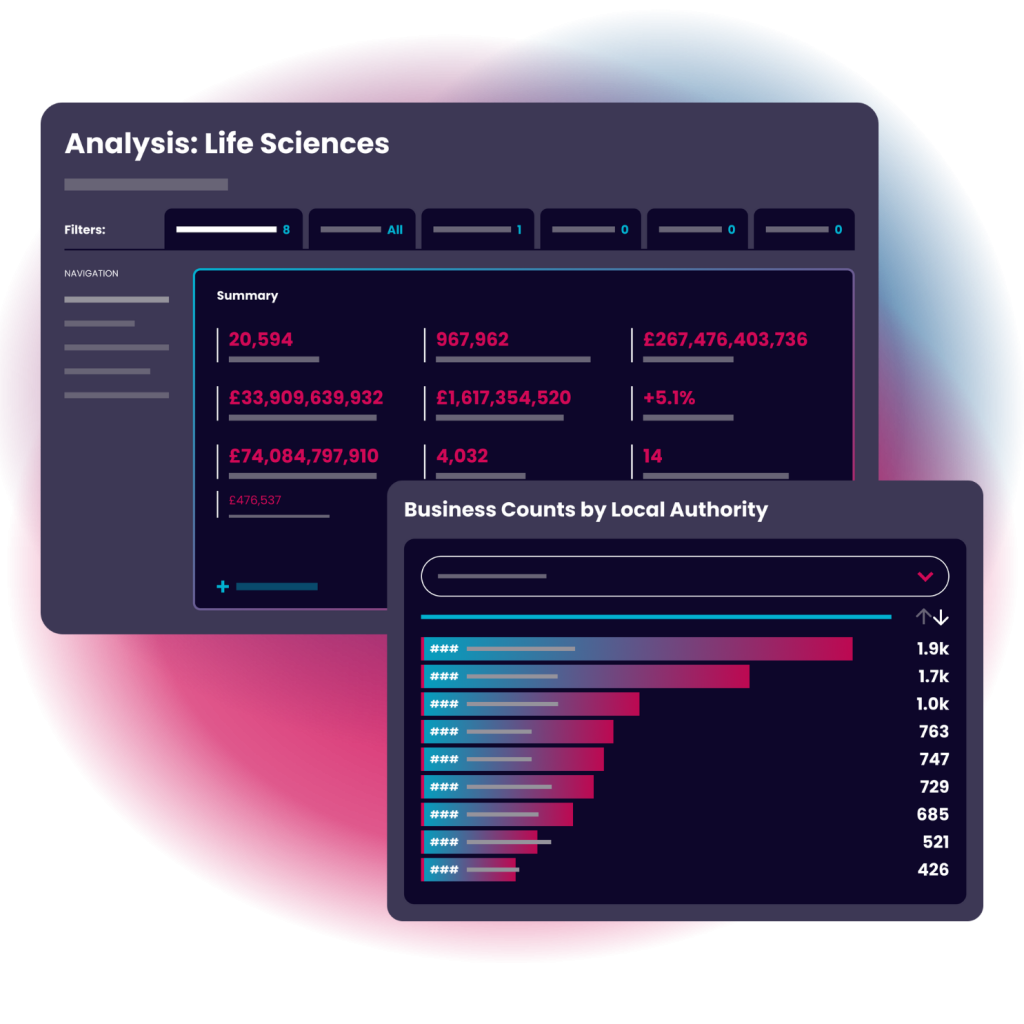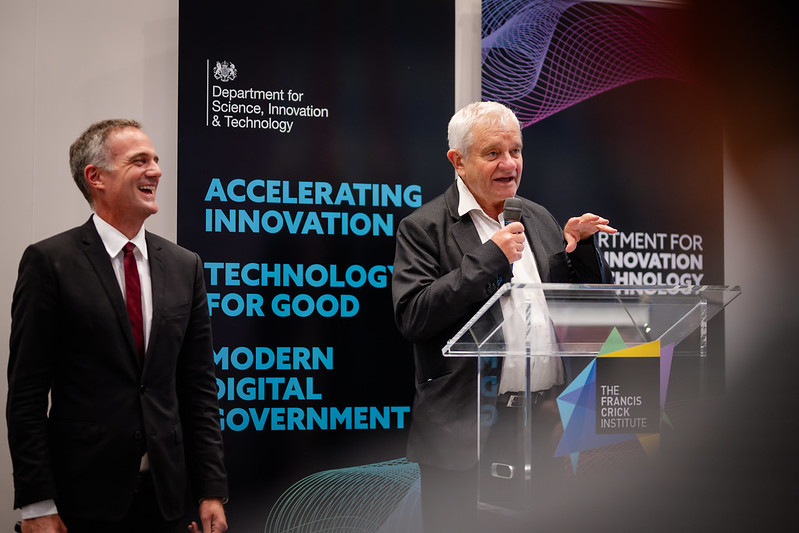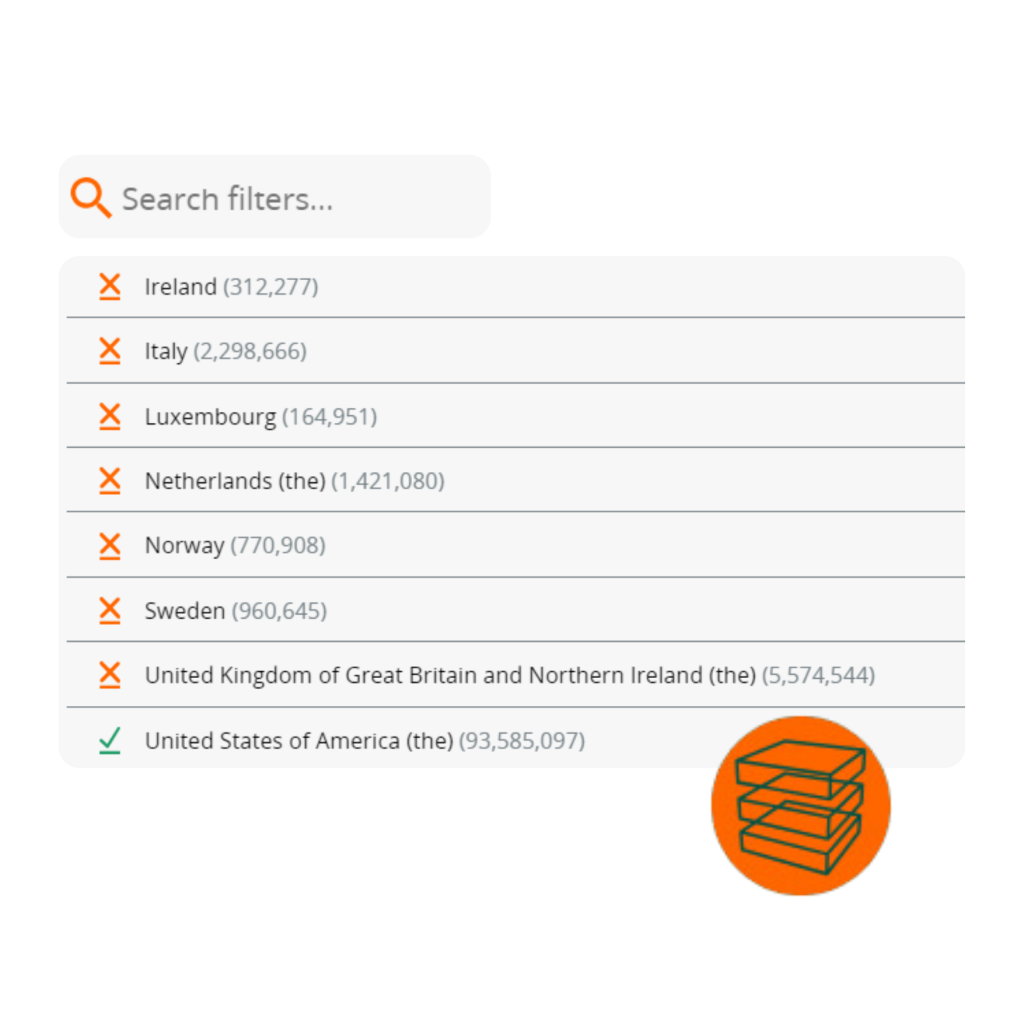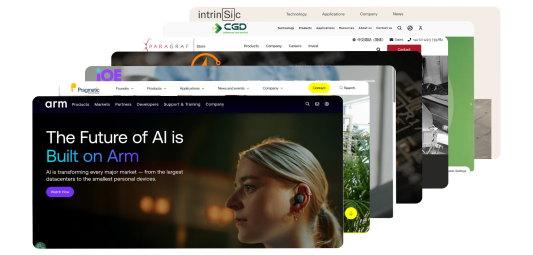At The Data City, we pride ourselves on providing real-time insights into industries that are often overlooked by traditional classification systems like SIC codes.
Our Real-Time Industry Classifications (RTICs) are at the heart of this work. But we don’t create these alone. We collaborate with experts across sectors and government wherever possible to ensure accuracy and relevancy.
Here’s how we work with experts to publish RTICs that redefine how we understand industries.
How we build RTICs
Let’s start with how RTICs are built. The foundation of our RTICs is a robust, three-step process:
- Defining Industry Taxonomies: We start by working closely with industry specialists to define sectors and verticals, focusing on niche and emerging areas. These experts input on relevant keywords and concepts that underpin the taxonomy for each sector.
- Machine Learning-Driven Classification: Using these insights, we leverage advanced machine learning to classify companies based on their website text and other publicly available data. This allows us to identify companies in real-time that fit into the defined sectors, even if they don’t fit traditional classifications like SIC codes.
- Quality Assurance and Refinement: Collaboration doesn’t end after the initial build. We maintain accuracy by conducting regular quality checks, many of which involve manual reviews by our data team. Feedback from both experts and users also helps refine these classifications.
You can find out more about the process of building RTICs in our behind-the-scenes blog.

Working with experts to map emerging sectors
One of the critical elements of RTIC development is how we collaborate with experts to map cutting-edge industries. We aim to involve industry specialists early in the process to define boundaries and identify verticals and specialisms.
Partners such as Innovate UK KTN, DCMS, Transport for the North, Midlands Engine, University of Southampton, and Optimat have all worked alongside us to develop RTICs.
Most recently, we partnered with the Department for Science, Innovation & Technology (DSIT), the Government Office for Science, and Innovate UK Business Connect to create the Quantum Technologies RTIC.
We’re continuing this partnership with DSIT to publish additional RTICs in sectors like Neurotechnology, Robotics, and Autonomous Systems.

How we keep RTICs up to date
We understand that industries are constantly evolving, and so are our RTICs.
Our machine learning models continuously process new data, and we regularly update classifications to reflect industry shifts. But it’s not just automated. We maintain ongoing relationships with experts and users to key our classifications up-to-date and relevant.
Our in-house data experts form a key part of how RTICs are maintained.
How our clients use RTIC
RTICs are more than just classifications, they’re tools for driving real-world economic insights.
Central government departments like the Department for Business & Trade (DBT) use RTICs for outreach and engagement, while academic institutions such as the Bennett Institute use them to understand regional strengths.
Accessing RTICs is easy. Our platform hosts over 400 sector classifications, allowing users to gain valuable insights in seconds.
Expanding RTICs globally
While we continue to build more RTICs for our UK product, we’re also scaling our RTICs to map companies globally. Our goal is to provide global RTICs, mapping industries like Net Zero and AI around the world.
This will involve working with international experts to adapt our models to new regions and markets. By expanding our database, we aim to provide clients everywhere with real-time, accurate insights into global economies.
If you’d like to find out more about our platform of over 100 million global companies across 12 territories, you can find out more on our Global Platform page.

What’s next?
Our RTICs represent the future of industrial classification, combining machine learning with expert insight to capture the complexity of modern economies.
By collaborating closely with specialists, we ensure that RTICs are grounded in real-world expertise, while our iterative update process keeps the data fresh and actionable.
If you’d like to talk to us about RTICs or better yet would like to discuss building an RTIC with us, please get in touch.
You can find out more about our RTICs and see our classifications on our RTICs page.


